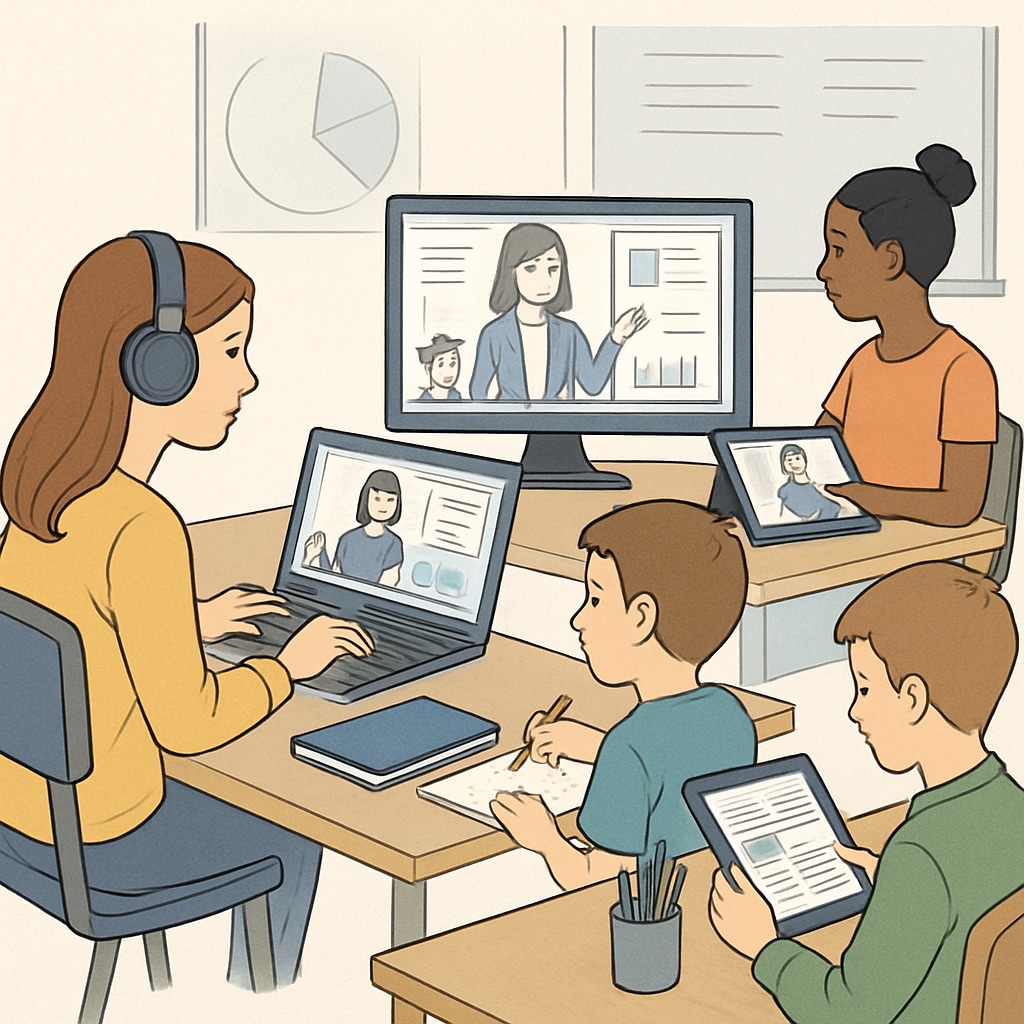For individuals who have partially completed their academic program but cannot finish their original degree, deciding on the next step can be overwhelming. This article explores “degree completion, credit transfer, education options” and provides strategies to help you restart your education journey more effectively.
Challenges of Academic Interruption
One of the first hurdles of an interrupted education is dealing with the emotional and mental strain. Many learners feel discouraged or uncertain about how to move forward. In addition, financial constraints, career shifts, or family responsibilities often complicate the decision to resume studying. Recognizing these obstacles is the first step toward overcoming them.
From a practical standpoint, another challenge is determining how previously earned credits can be utilized. Some institutions do not accept all credits for transfer, which can result in redundancy or wasted time. Understanding credit policies and exploring schools that offer flexible transfer options is crucial.

Exploring Education Options After Interruption
When considering the next stage of your education journey, there are several pathways available:
- Transferring Credits: Many universities and colleges allow partial credit transfers. Investigate schools that align with your completed coursework and academic goals. Some online platforms, such as Britannica, provide resources on how credit transfer works.
- Changing Majors: If your previous program no longer suits your interests, consider switching majors. Some institutions have pathways specifically tailored for those pivoting their academic focus.
- Online Degrees: Online programs often offer greater flexibility for those balancing work or family commitments. Many accredited platforms provide comprehensive options for degree completion.
- Certificate Programs: For those who cannot commit to a full-degree program, certificates can provide targeted skills and qualifications relevant to your career goals.
By researching these options thoroughly, you can identify a path that fits your situation and aspirations.

Psychological Adjustment and Motivation
Restarting your education after an interruption requires resilience and a positive mindset. Here are some tips to maintain motivation:
- Set Realistic Goals: Break your long-term objectives into manageable milestones to avoid feeling overwhelmed.
- Seek Support: Connect with peers, mentors, or counselors who can provide encouragement and guidance.
- Celebrate Progress: Acknowledge small achievements along the way to stay motivated.
Additionally, remember that failure or interruption does not define you. Many successful individuals have faced and overcome similar challenges. Focus on what you can control rather than dwelling on past setbacks.
Conclusion: Moving Forward with Confidence
Facing an interrupted education is undoubtedly challenging, but it’s also an opportunity for growth and exploration. Whether you pursue “degree completion, credit transfer, education options” or explore new paths entirely, making informed decisions will enable you to progress confidently. Ultimately, education is a lifelong journey, and there’s no single “right” way to succeed.
Readability guidance: Use short paragraphs and lists to summarize key points. Include transitional phrases to ensure smooth flow and clarity. Balance emotional insights with actionable strategies for practical application.


